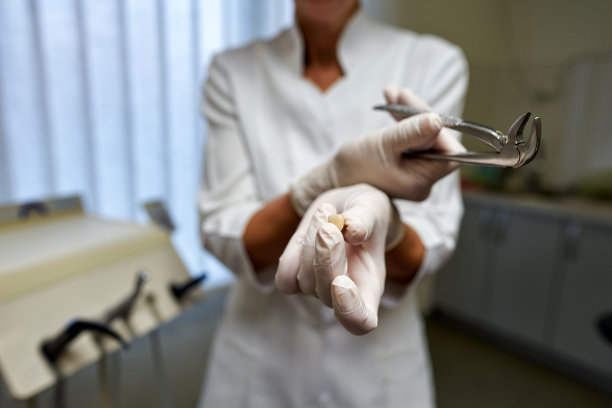Essential Considerations and Precautions Before Undergoing Root Canal Treatment for Optimal Dental Health and Recovery
Summary: Root canal treatment is a significant dental procedure designed to save a decayed or infected tooth. This article outlines essential considerations and precautions before undergoing the treatment, ensuring optimal dental health and recovery. The discussion is divided into four key areas: understanding root canal therapy, assessing overall dental health, preparing for the procedure, and post-treatment care for effective recovery. By following these guidelines, patients can enhance their treatment experience and promote long-term dental wellness.
1. Understanding Root Canal Therapy

Root canal therapy primarily involves the removal of infected pulp from within the tooth, followed by cleaning and sealing the space. Its essential for patients to understand the procedures purpose and benefits. Although often perceived as painful, with modern techniques and anesthesia, it can significantly alleviate discomfort caused by tooth infection.
Patients should also be informed about the potential outcomes of forgoing treatment. An untreated tooth infection can lead to more significant health issues, including spreading infection and possible tooth loss. Awareness of such risks can motivate patients to proceed with necessary treatment.
Finally, consulting with a qualified endodontist can provide insights into personal treatment options, expected recovery times, and any potential complications specific to a patients dental health history.
2. Assessing Overall Dental Health
Before undergoing root canal treatment, a thorough assessment of the patients overall dental health is critical. This includes discussing any existing dental conditions, chronic illnesses, and medications that could impact treatment outcomes. Sharing this information with the dentist can help tailor the approach to the individual’s needs.
Additionally, evaluating the condition of neighboring teeth is vital. These teeth may also be affected by the same infection or issues requiring concurrent treatment. Understanding the complete picture of dental health aids in planning the right course of action.
Moreover, patients should consider their oral hygiene practices before the procedure. Adopting proper brushing and flossing techniques can help in maintaining a healthy mouth, which is crucial for the success of the root canal treatment.
3. Preparing for the Procedure
Preparation for root canal therapy goes beyond mental readiness; it includes practical steps to ensure a smooth experience. First, patients should arrange a consultation with their dentist to discuss the procedure in detail, addressing any anxiety and clarifying doubts.
Furthermore, its advisable to schedule the treatment at a time when patients can have adequate post-procedure care. This means planning for a day with minimal responsibilities after the treatment for proper rest and recovery.
Lastly, patients should provide information about any allergies or previous reactions to anesthesia or pain medication. This knowledge allows the dentist to prepare a personalized anesthesia plan, enhancing comfort during treatment.
4. Post-Treatment Care for Effective Recovery
Post-treatment care is just as essential as preparation for a root canal. Patients should follow all post-procedure instructions provided by their dentist. This may include dietary restrictions, particularly avoiding hard or chewy foods immediately after the anesthetic wears off.
Pain management is often necessary, and patients can discuss appropriate medications with their dentist. Over-the-counter pain relievers are commonly recommended, but it’s crucial to follow dosage guidelines and precautions.
Continued oral hygiene practices are vital to ensure the tooth heals properly. Gentle brushing and avoiding the treated tooth during the initial recovery phase can prevent unnecessary discomfort and complications.
Summary:
In summary, root canal treatment is an intricate procedure that necessitates careful consideration and preparation. By understanding what the treatment entails, evaluating overall dental health, preparing adequately, and following post-treatment care instructions, patients can optimize their recovery process and improve their overall oral health.
This article is compiled by Vickong Dental and the content is for reference only



